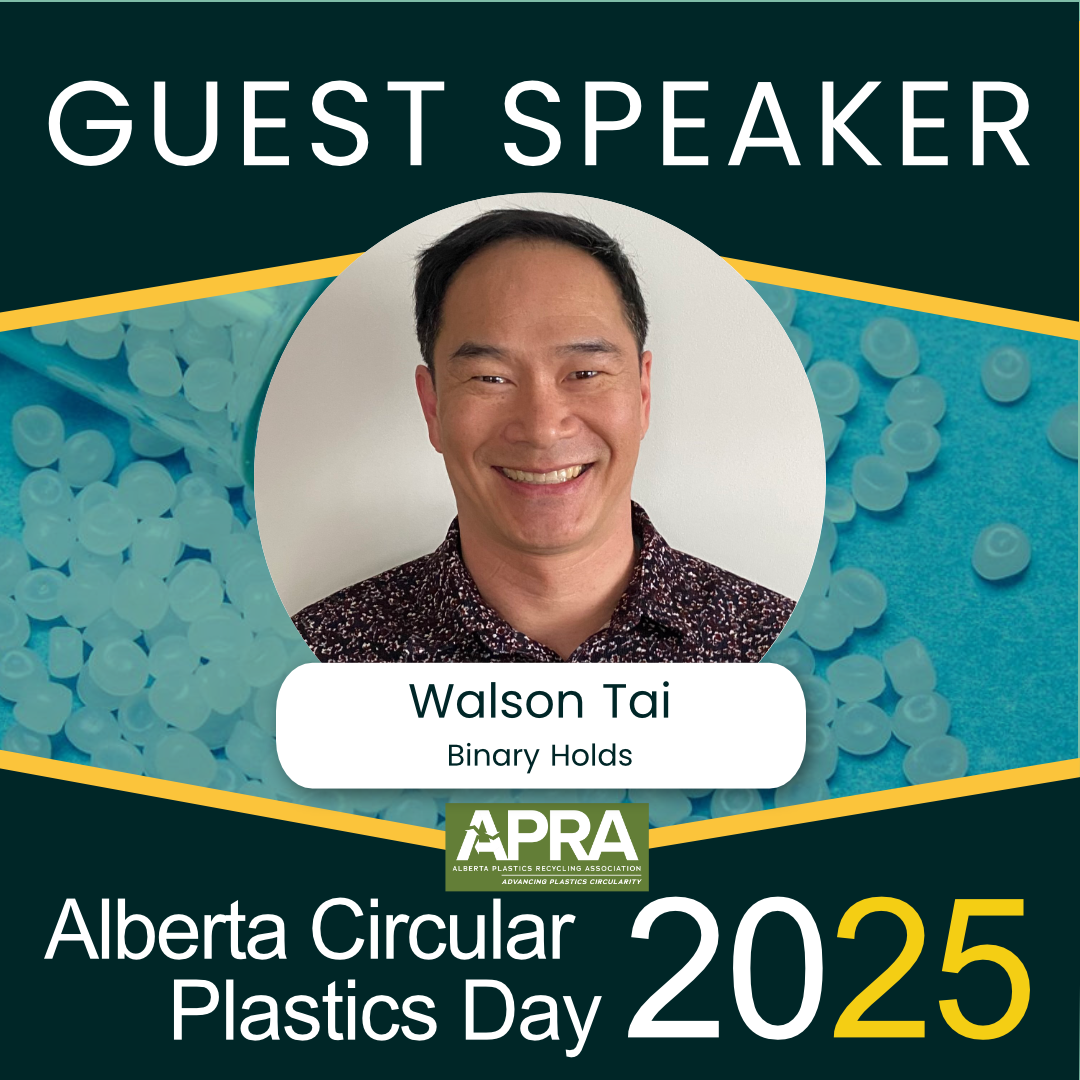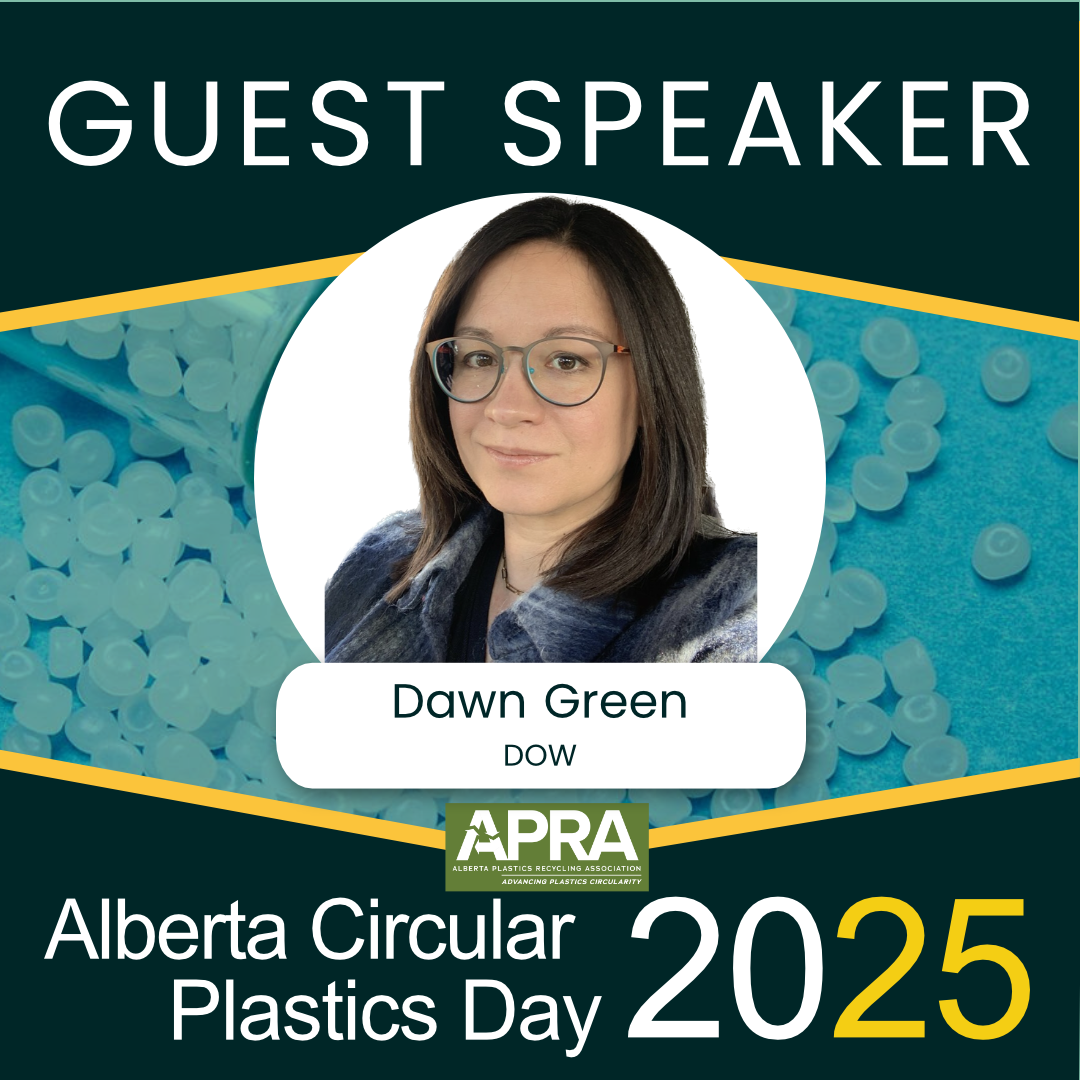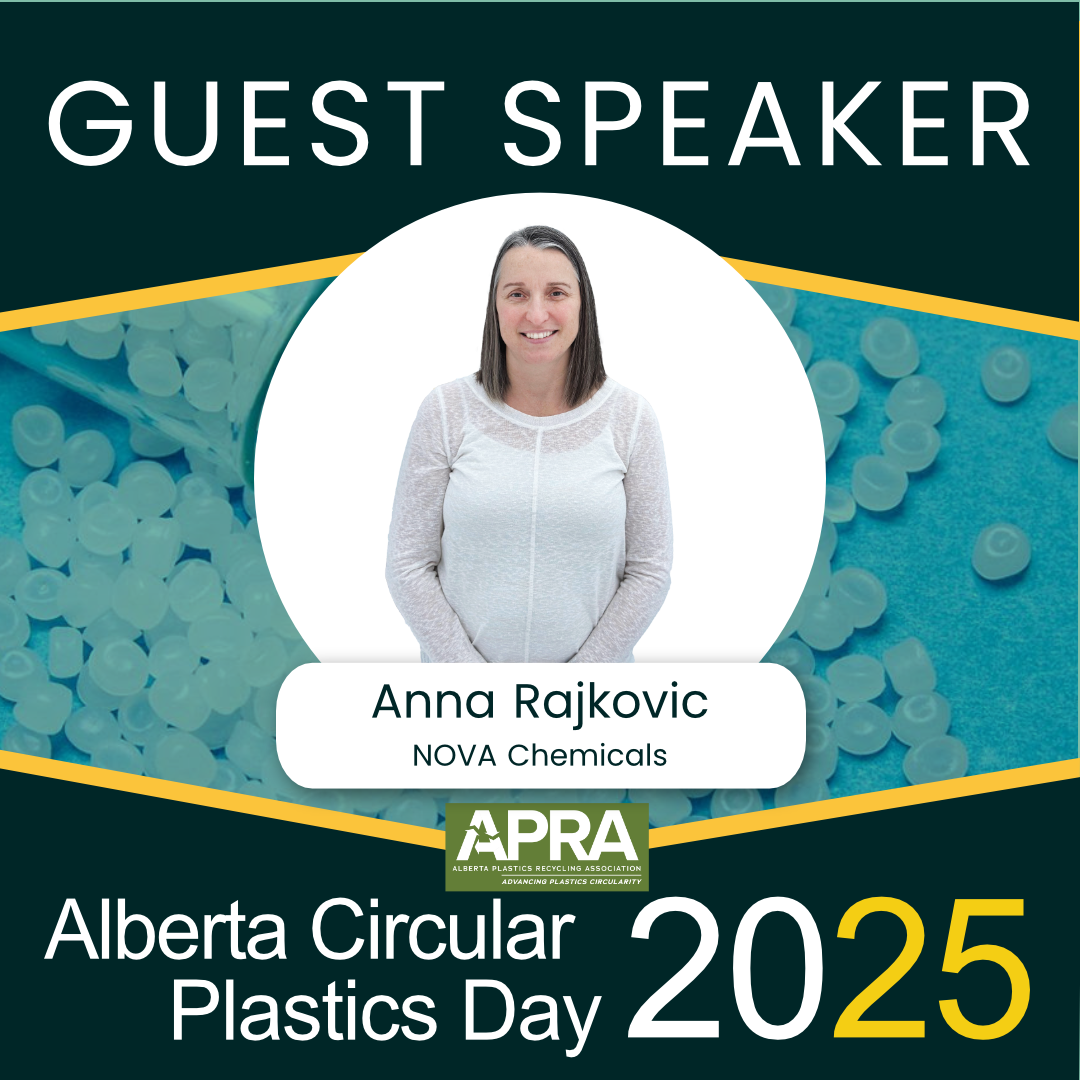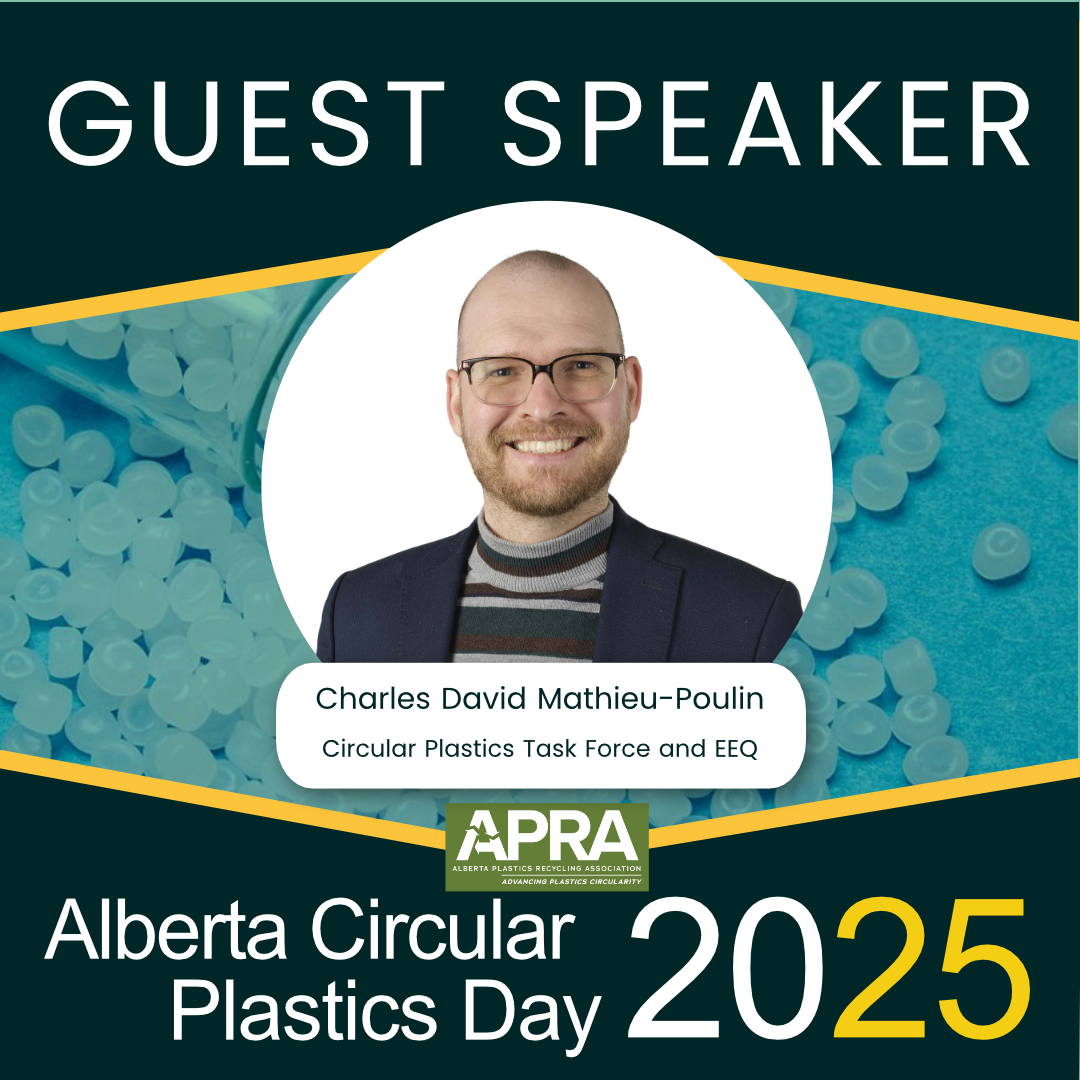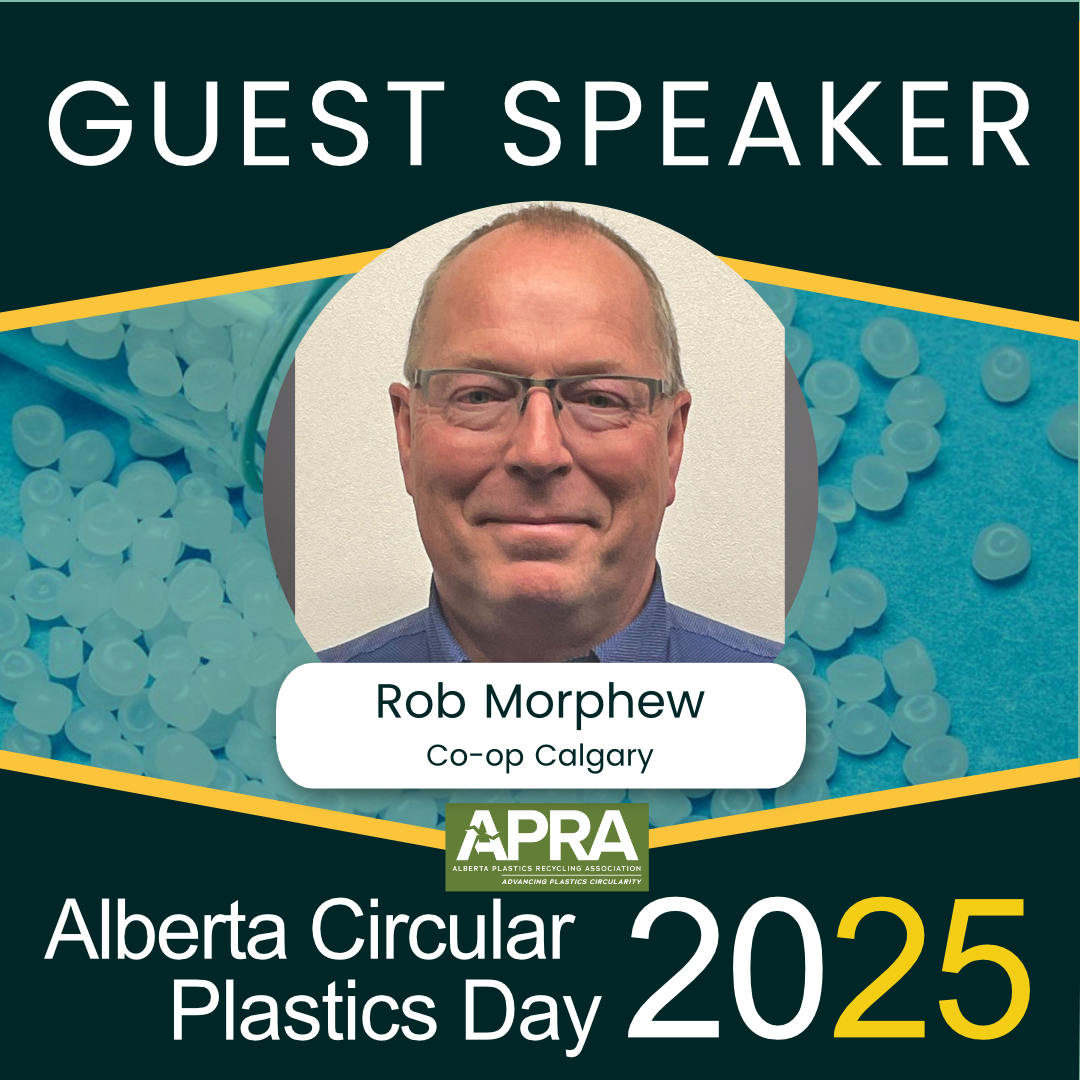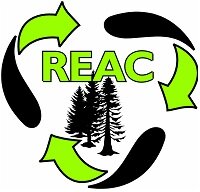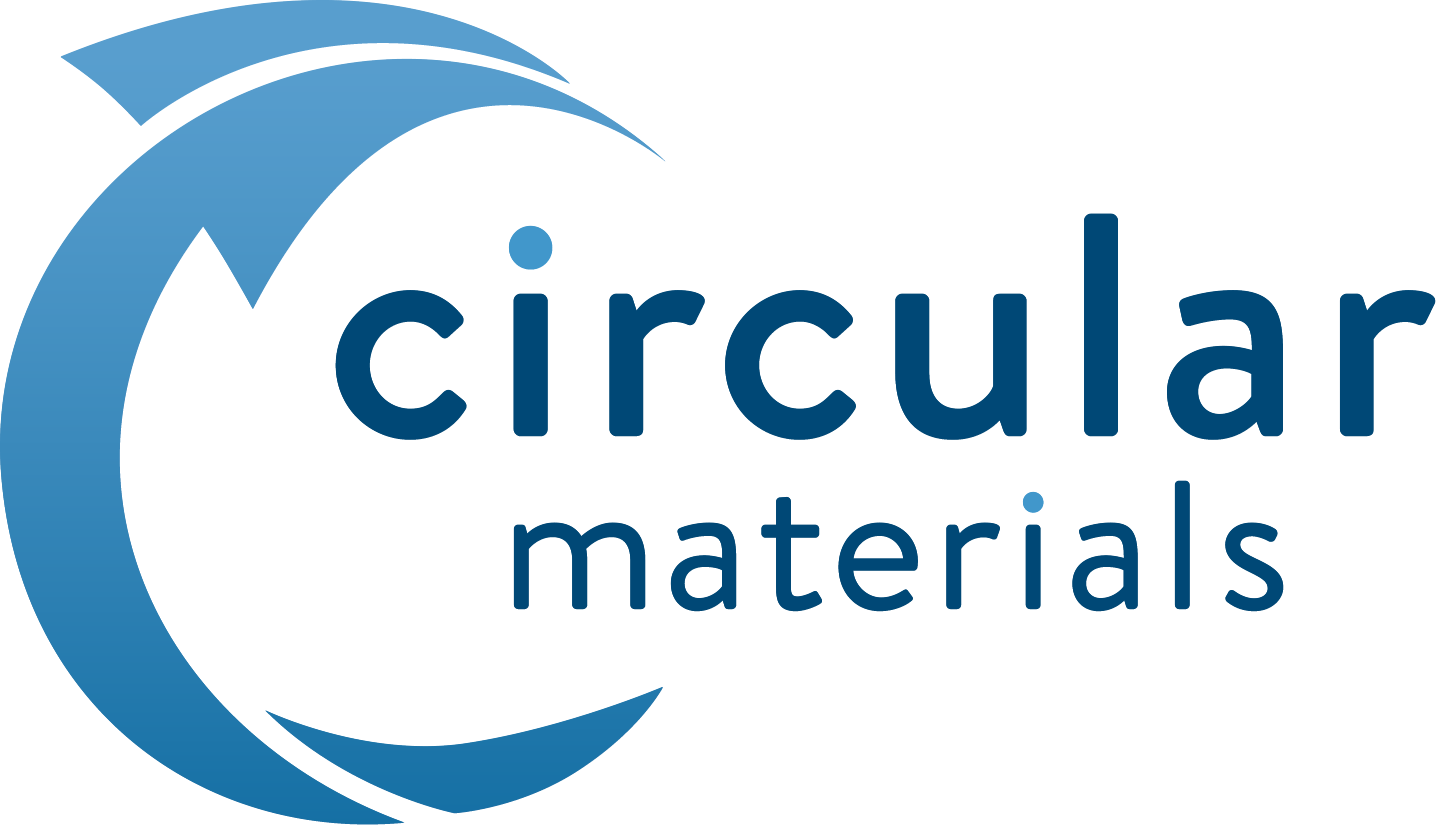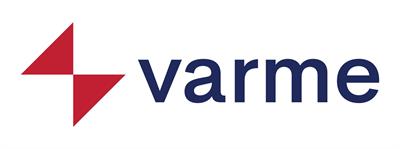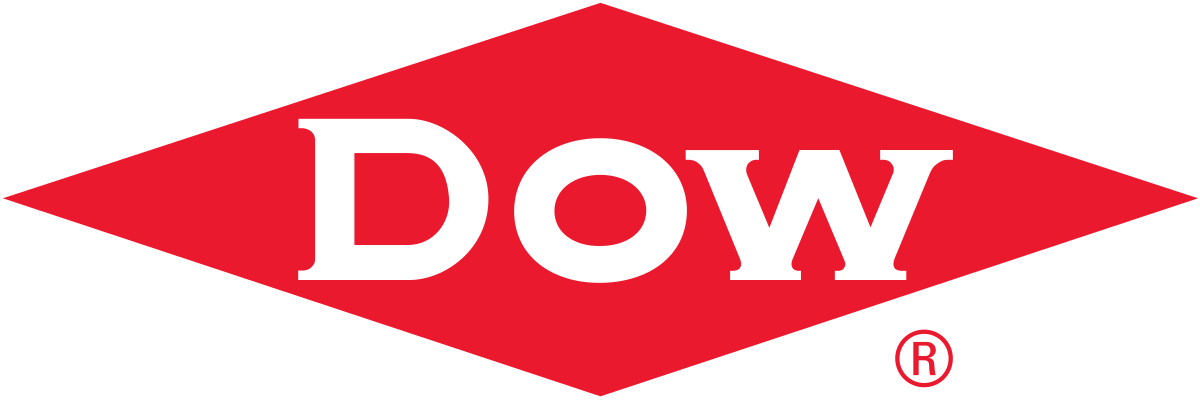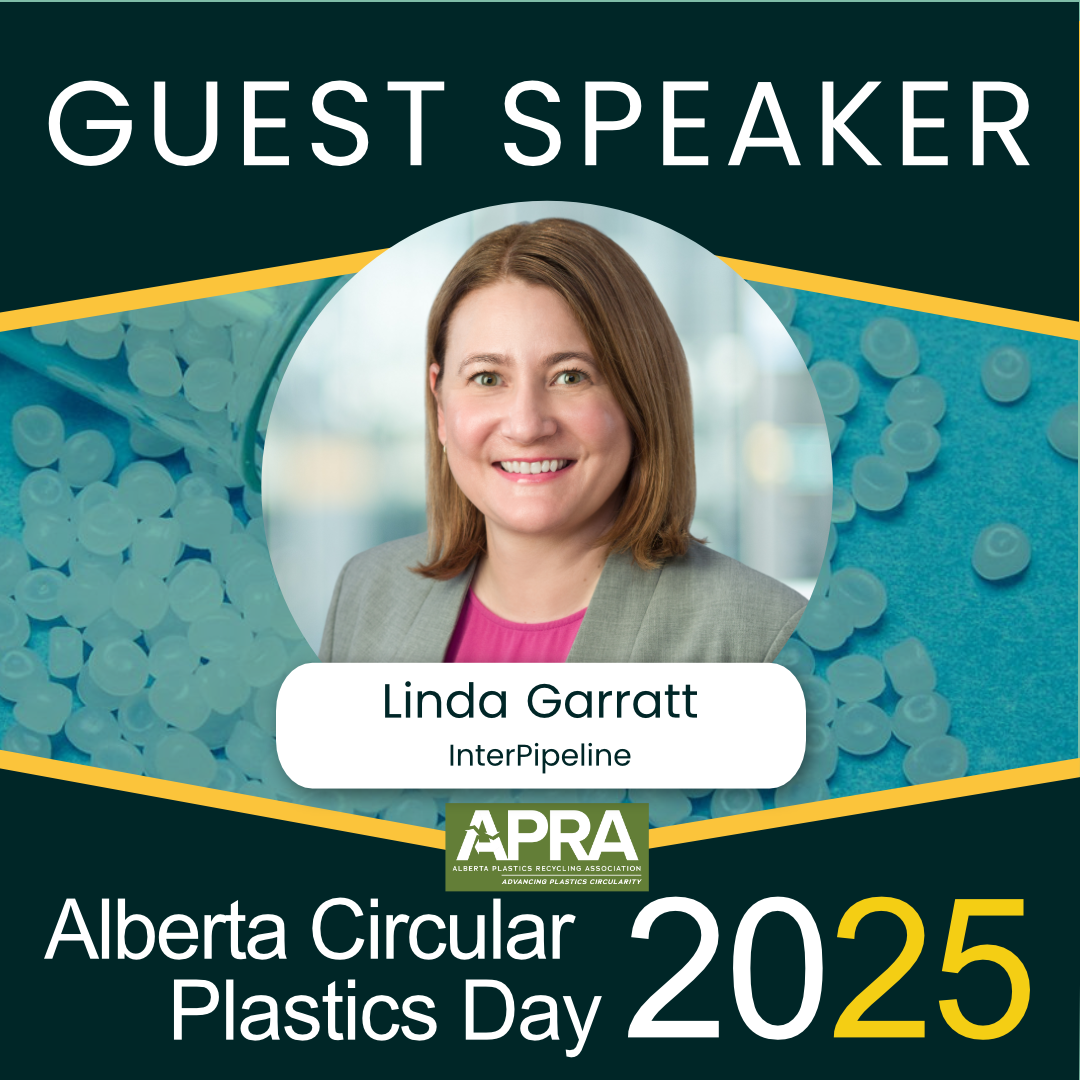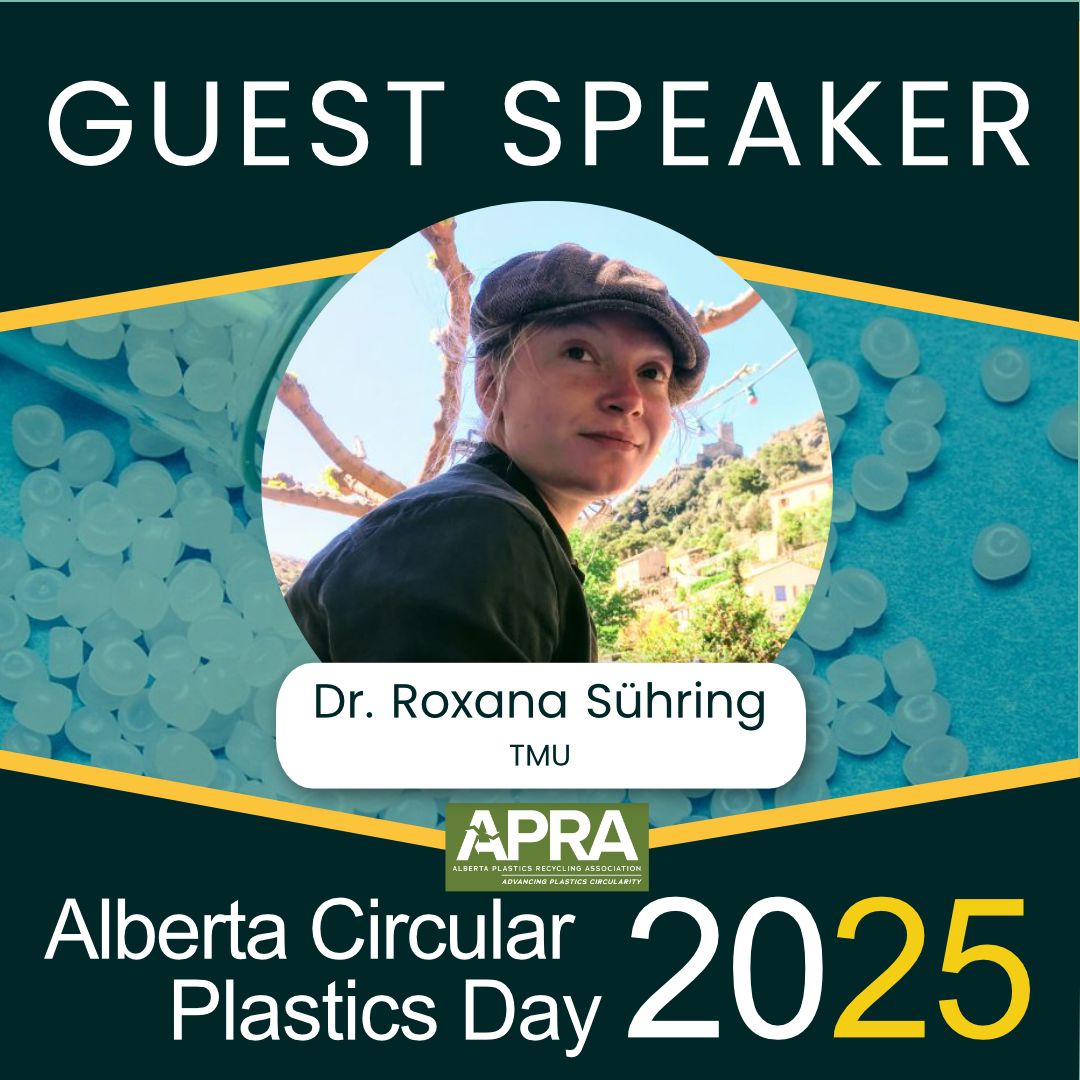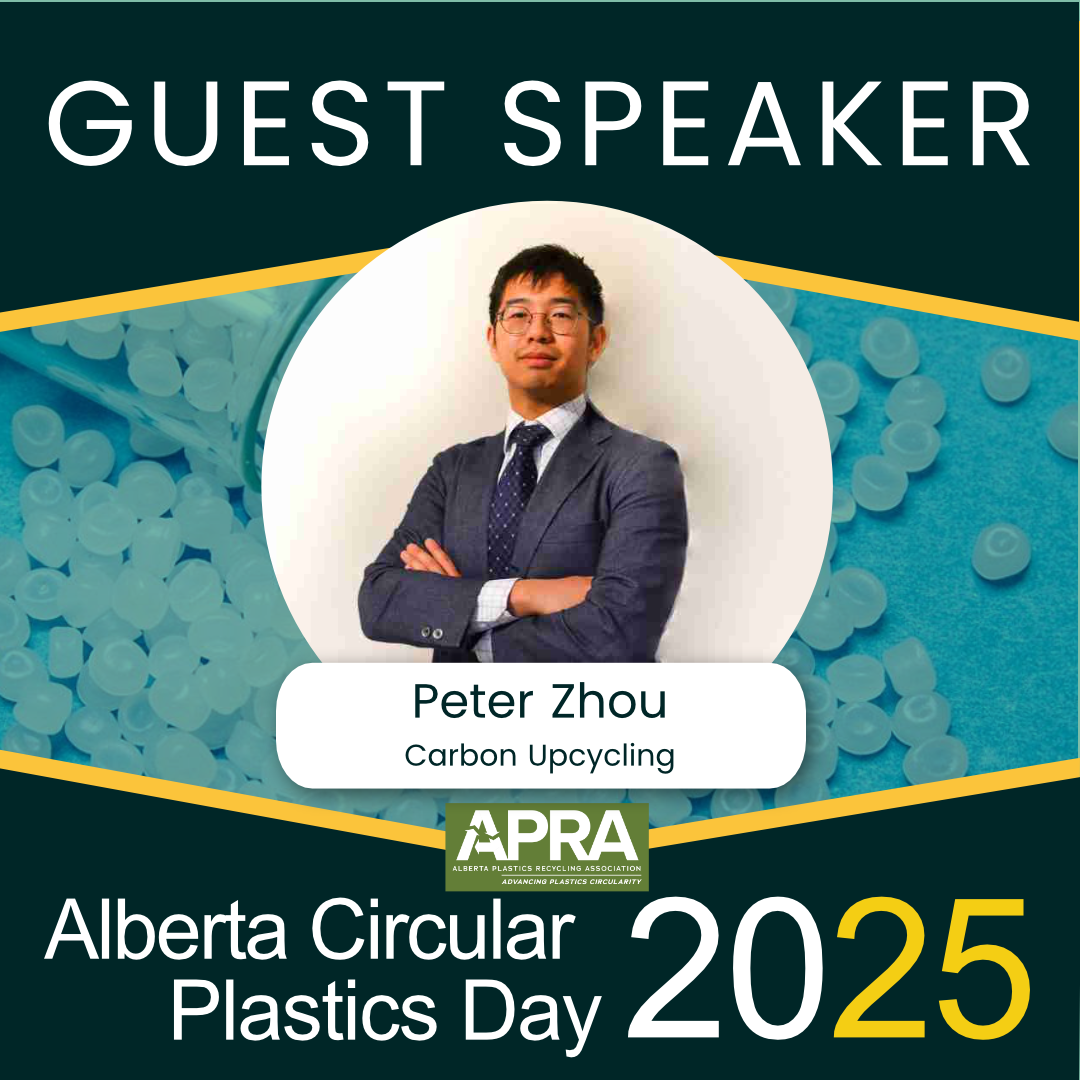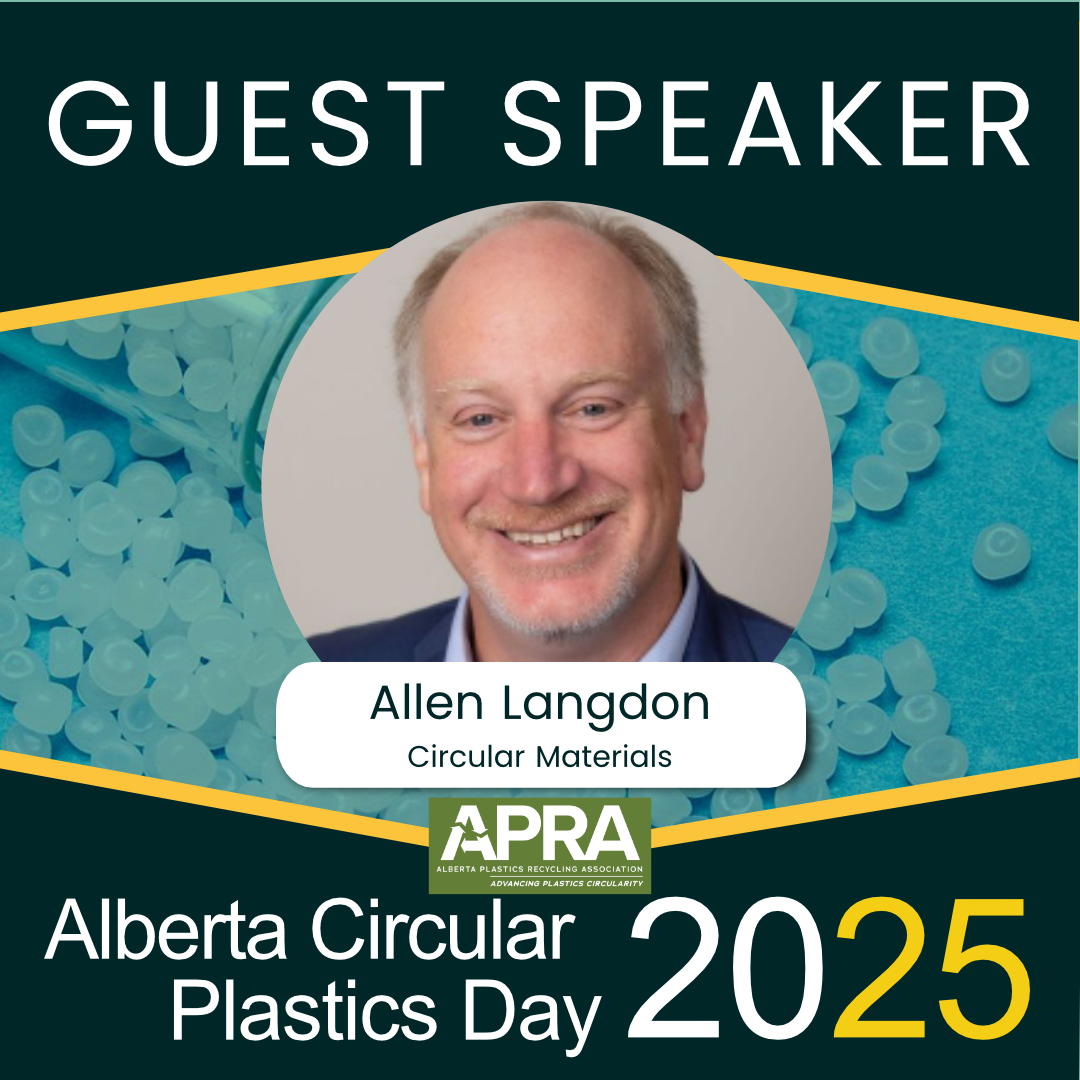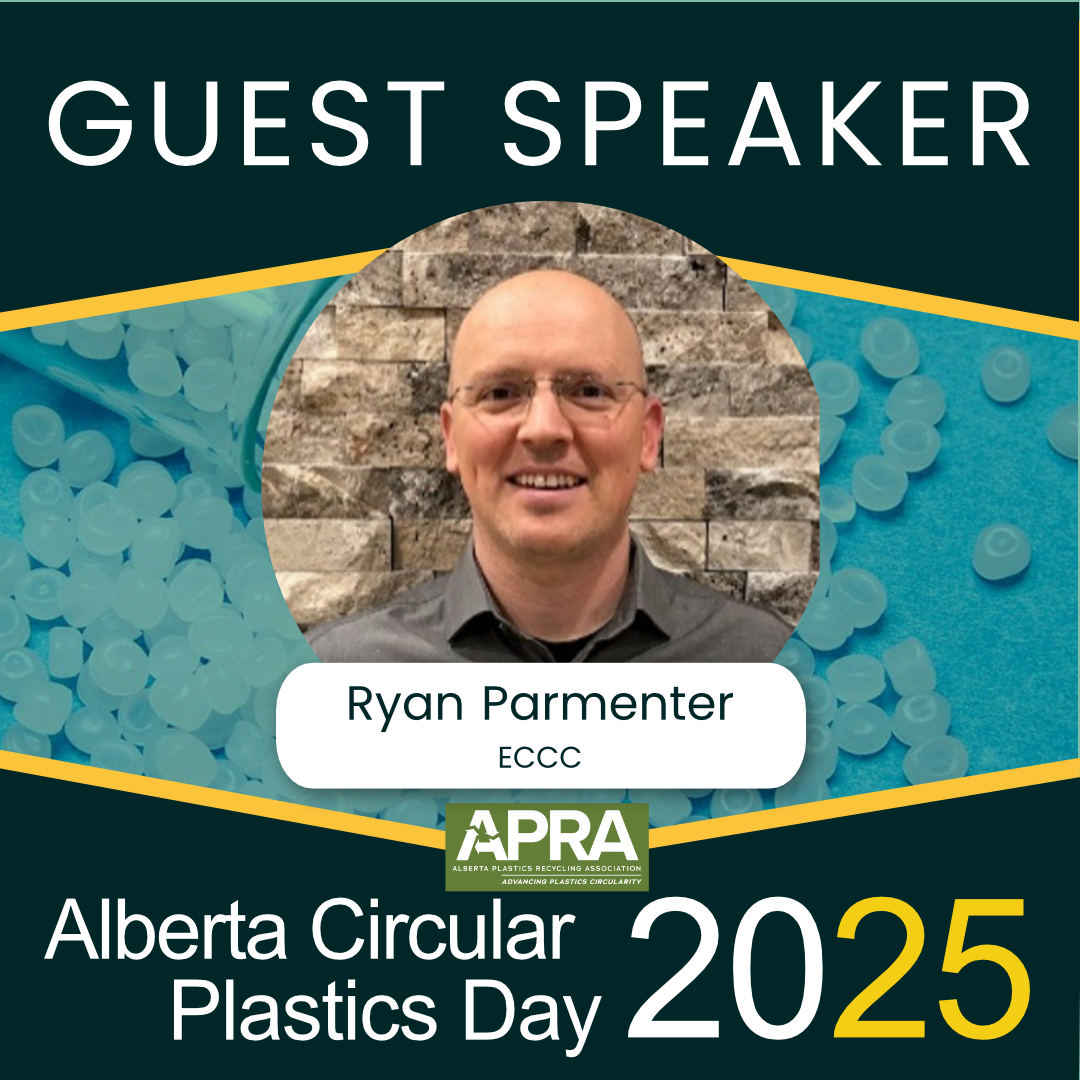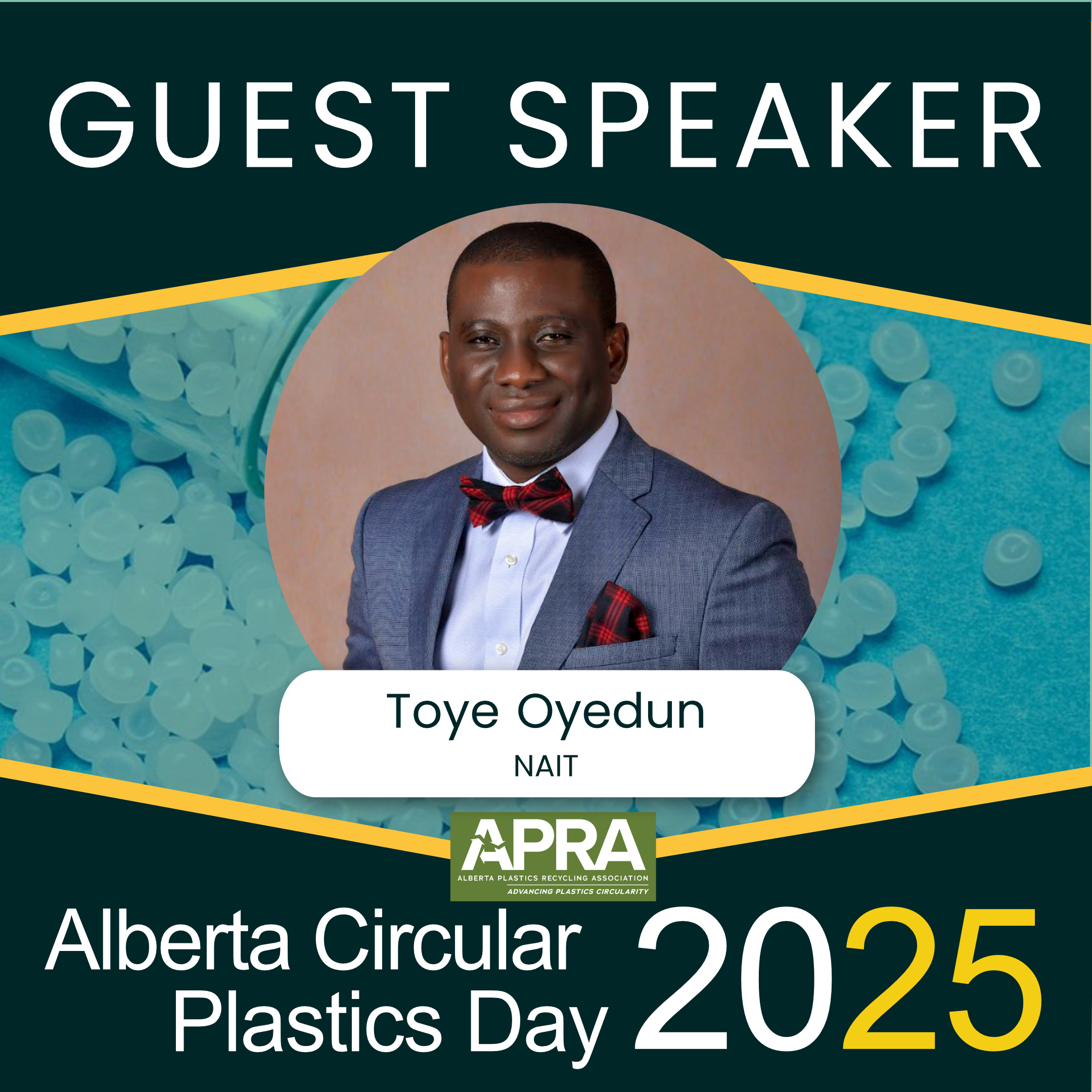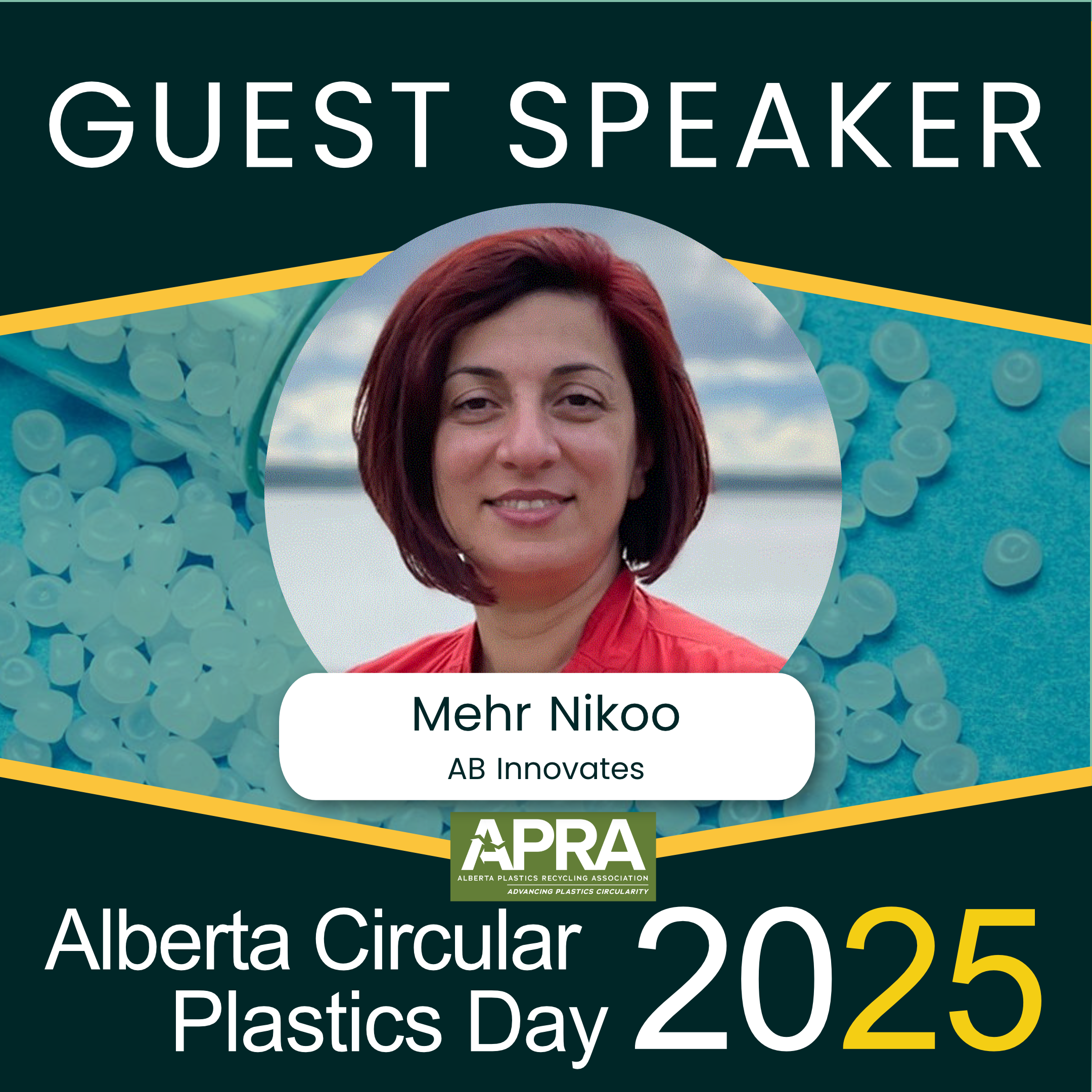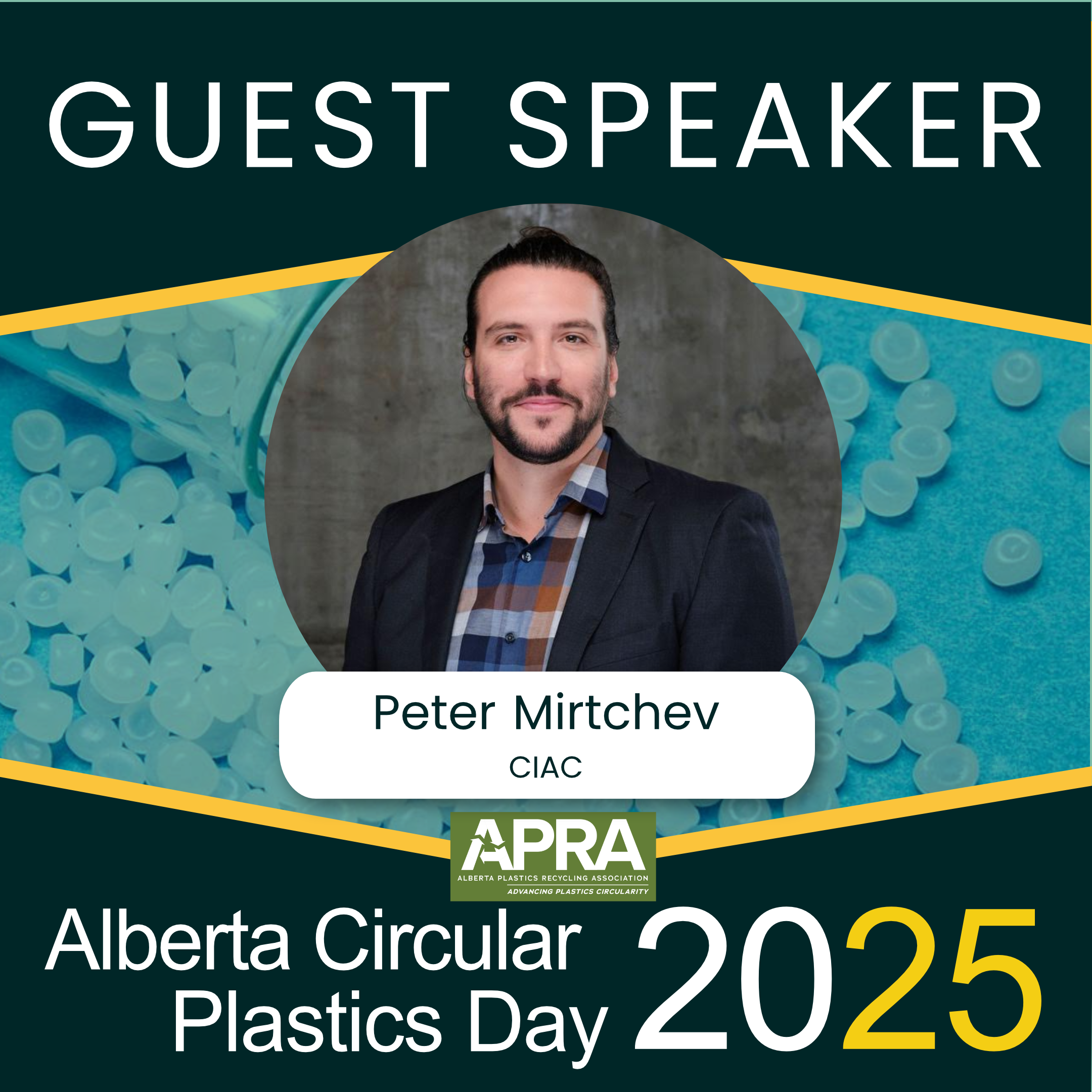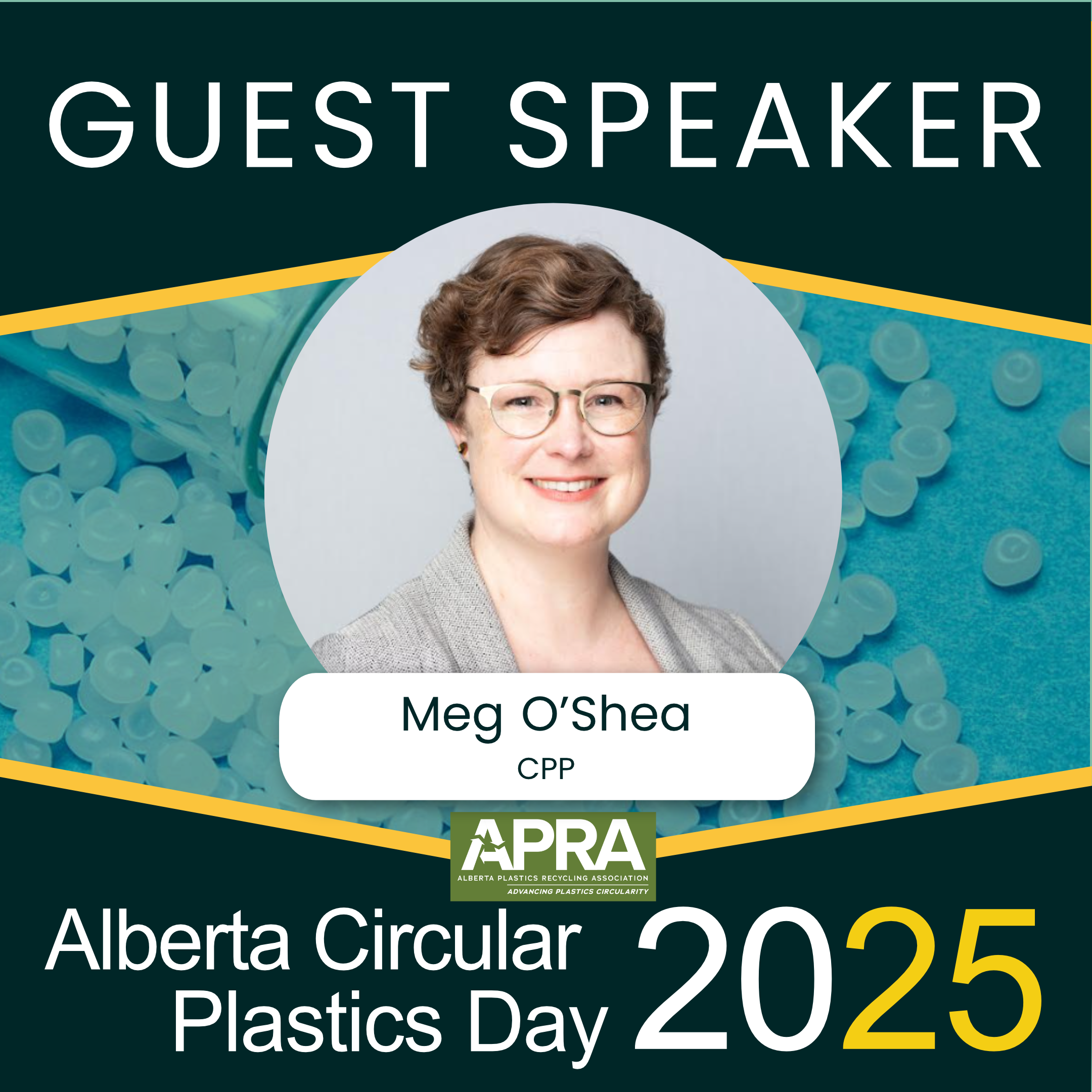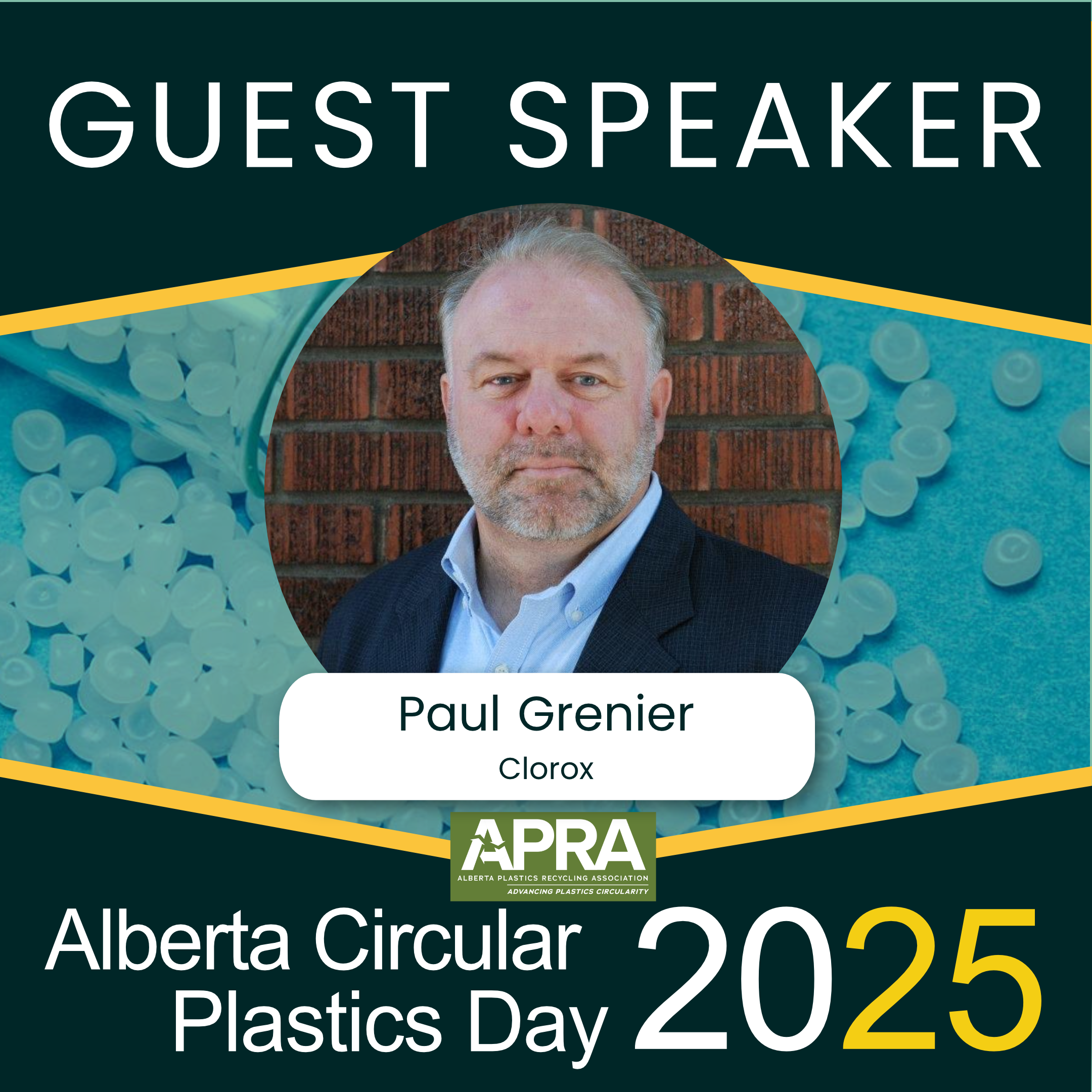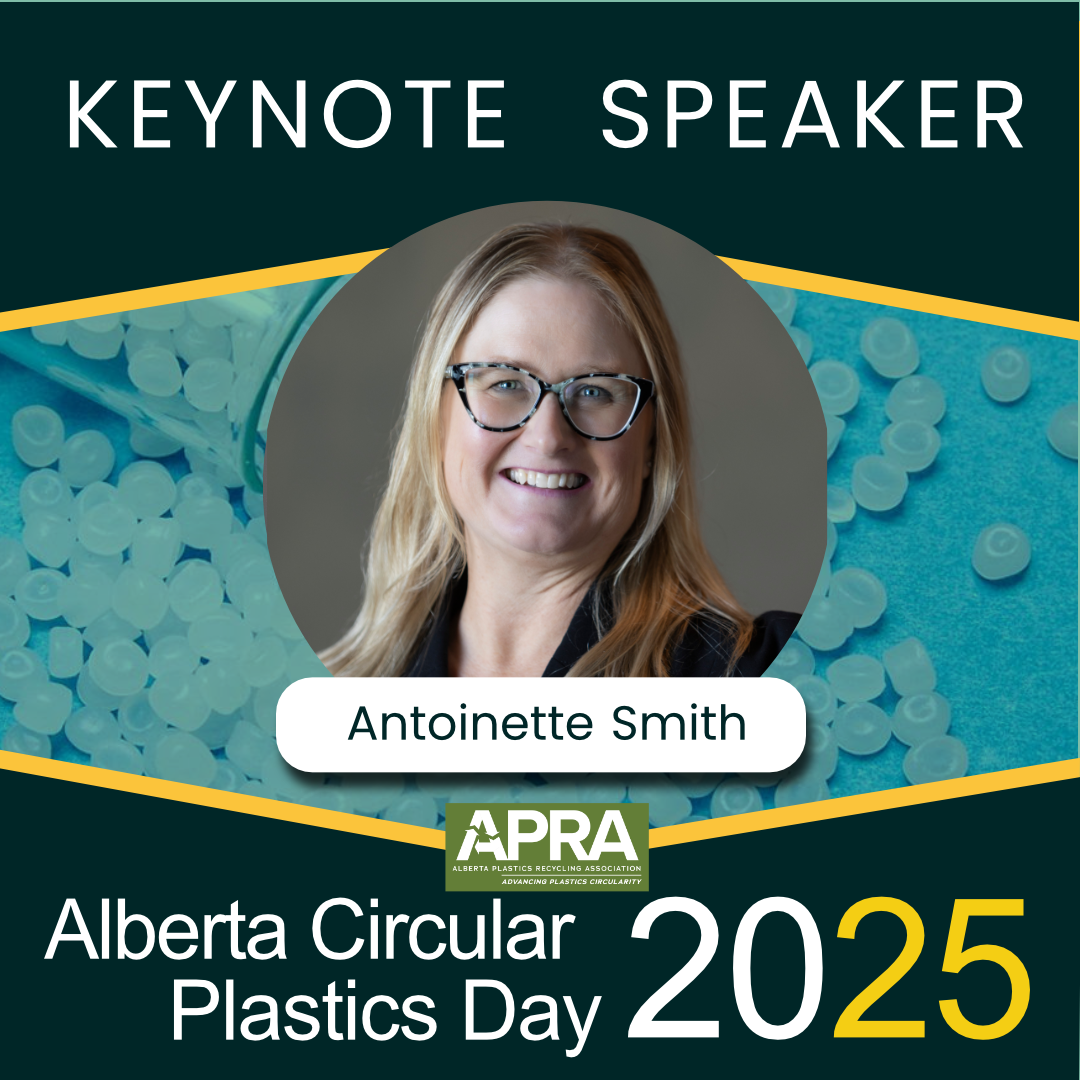Published in the Edmonton Journal, December 26, 2020
Recycling advocates say for Alberta to become a North American recycling hub, it needs to take plastics manufacturers to task on designing and directing where products go once they’ve been used.
As part of its natural gas strategy announced in October, the government said it will continue to seek investment in petrochemicals, along with working with the Plastics Alliance of Alberta to make the province a leading jurisdiction for plastics recycling by 2030.
Alberta has its sights set on establishing a circular economy in which plastic waste is reused in new products, something it could be well-positioned to make happen because of its large petrochemical manufacturing industry.
Recycling advocates and municipalities have long said Alberta should look to something known as extended producer responsibility (EPR), which would make producers take a hands-on role in the use or disposal of their products. Another key way to advance recycling is changing how products are designed and made in the first place, which could mean requirements for integrating recycled content in new products.
Tammy Schwass, executive director of the Alberta Plastics Recycling Association, said EPR could get producers building and investing in better recycling infrastructure.
“EPR is the way to go because you put the financial and legal responsibility back on the producer,” said Schwass, adding that right now Alberta is one of the few provinces in Canada where big waste manufacturers aren’t required to help pay for disposal.
In a December statement, Jess Sinclair, spokeswoman for Environment Minister Jason Nixon, confirmed no final decisions had been made, but said the UCP is considering options and looking at best practices for EPR in other jurisdictions.
Christina Seidel, executive director of the Recycling Council of Alberta said without a major shift Alberta will continue to be the highest waste producer per capita in the country.
“We’ve been advocating for EPR in Alberta for years, and our biggest supporters and advocates (now) are the producers,” said Seidel.
Some plastics and chemical companies are already working to close the loop on recycling. NOVA Chemicals has teamed up with Enerkem to explore turning non-recyclable and non-compostable municipal waste into ethylene, a basic building block of plastics.
Under EPR, Albertans could see much more consistency with recycling standards across municipalities.
Edmonton’s curbside recycling program accepts many plastic containers and bags, but not some items, like single-use coffee lids or styrofoam take-out containers. The city has an app called Wastewise to help navigate which items should be recycled or pitched in the garbage.
During the holidays, Schwass said Albertans should avoid “wish-cycling” – or putting used items into the recycling bin without knowing whether or not they are even recyclable.
“If you throw in tape or bows or balls of wrapping paper – those things can’t be recycled. Some of that stuff just gets clogged up in the machine,” she said.
In October, the federal government announced a ban on single-use plastics. Seidel said while the Recycling Council supports that, the problem isn’t plastics, it’s poor design.
“At the end of the day if that material cannot flow through a circular economy, it should not be made,” she said.
Full Article: https://edmontonjournal.com/news/politics/as-alberta-seeks-to-become-a-recycling-hub-experts-say-it-needs-to-hold-plastics-producers-accountable

